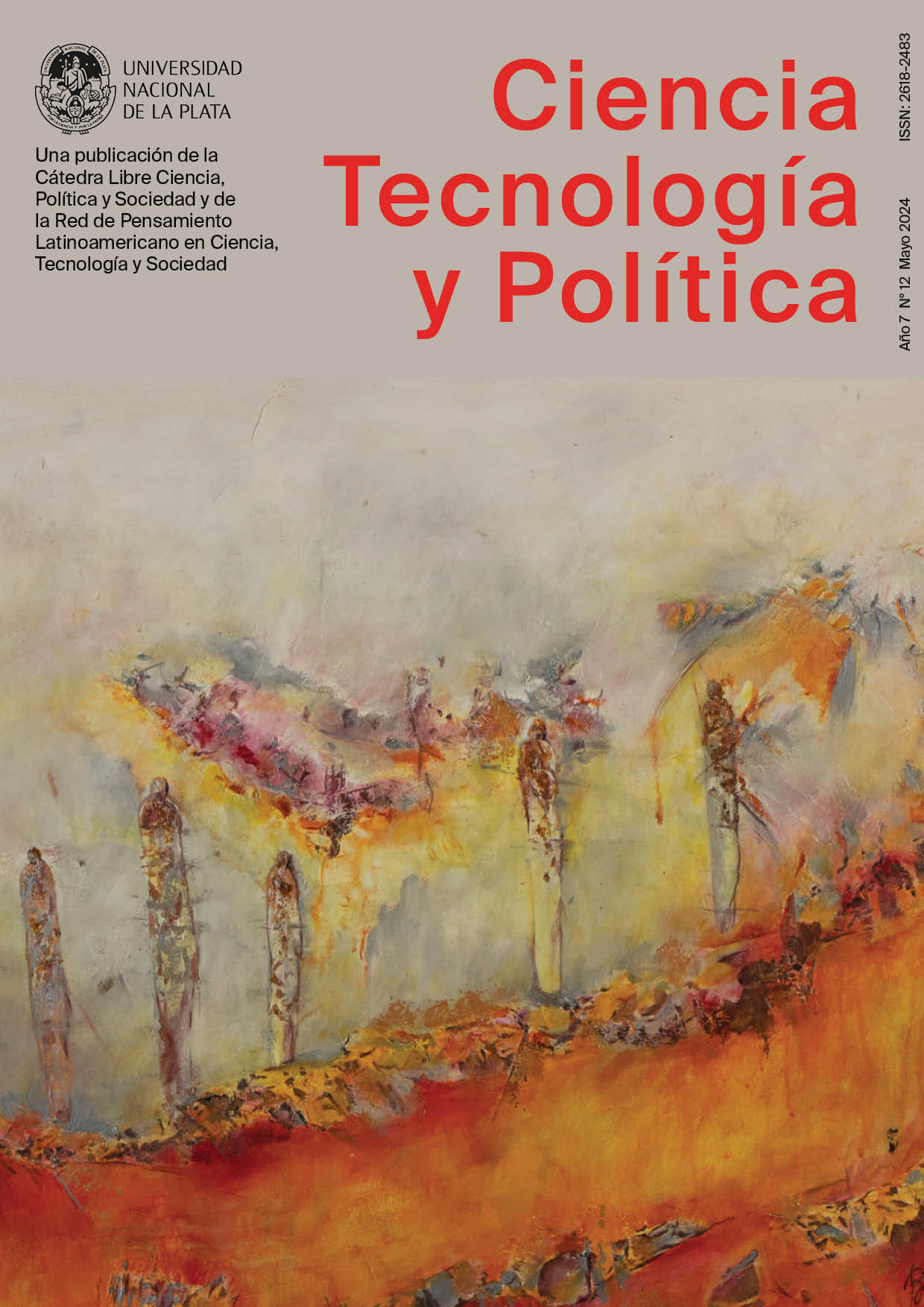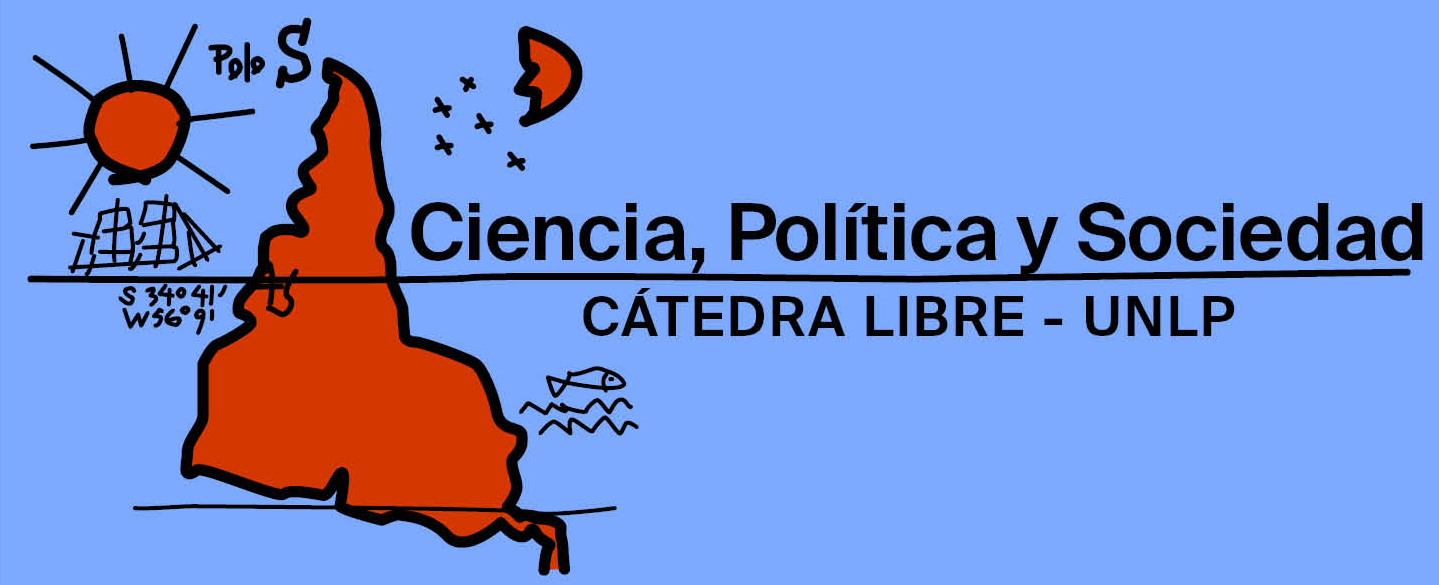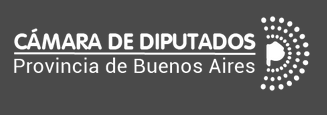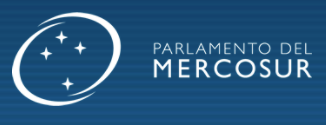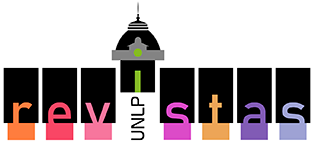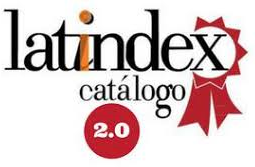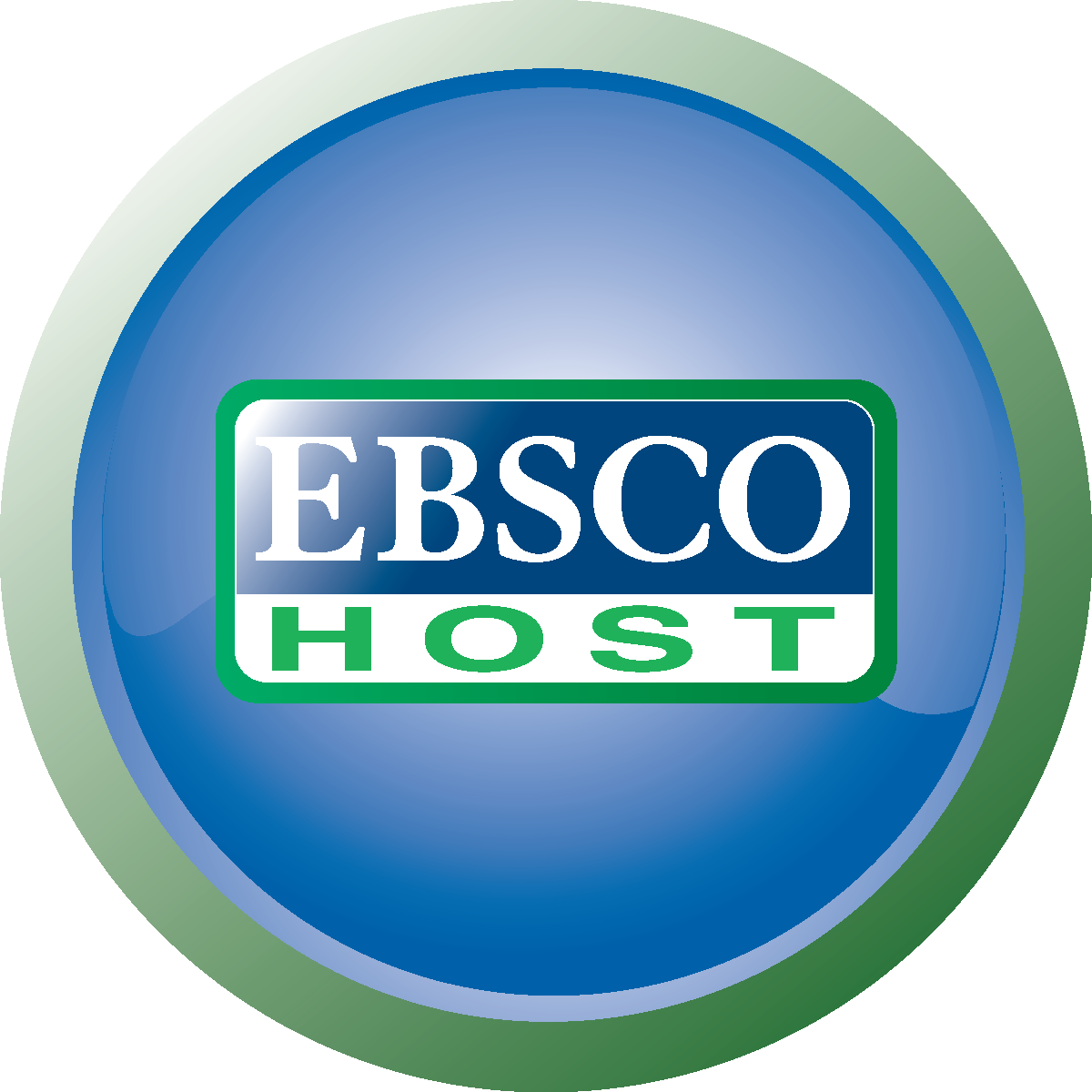The Biochemical Research Institute of Buenos Aires between 1943 and 1983
DOI:
https://doi.org/10.24215/26183188e115Keywords:
state agenda, Instituto de Investigaciones Bioquímicas de Buenos Aires, Luis Federico Leloir, Campomar FoundationAbstract
The article presents a reconstruction of the trajectory of the Instituto de Investigaciones Bioquímicas, Campomar Foundation, of Buenos Aires, Argentina, between 1943 and 1983. The hypothesis of the article is that, although the institutionalization of the Campomar Foundation was not a direct product of a State policy, its organization and historical development cannot be understood in an internalist manner, but rather within the framework of the political context and State agendas of each period. To this end, documents and memoirs of the organization and specialized bibliography are described and analyzed.
Downloads
Metrics
References
Bekerman, F. (2009). El campo científico argentino en los años de plomo: Desplazamientos y reorientación de los recursos. Sociohistórica, (26), 151-166.
Bekerman, F. (2018). La investigación científica argentina en dictadura: transferencias y desplazamientos de recursos (1974-1983). EDIUNC.
Bértola, L. y Ocampo, J. (2013). El desarrollo económico de América Latina desde la Independencia. Fondo de Cultura Económica.
Fundación Campomar. (1969). Memorias del Instituto de Investigaciones Bioquímicas (1955-1969). Fundación Instituto Leloir.
Fundación Campomar. (1974). Memorias del Instituto de Investigaciones Bioquímicas (1969-1974). Fundación Instituto Leloir.
Fundación Campomar. (1977). Memorias del Instituto de Investigaciones Bioquímicas (1974-1977). Fundación Instituto Leloir.
Fundación Campomar. (1982). Memorias del Instituto de Investigaciones Bioquímicas (1977-1982). Fundación Instituto Leloir.
Fundación Campomar. (1989). ¿Qué se hace en la Fundación Campomar? Fundación Instituto Leloir.
Gordon, A. (2018). Estudio de las políticas de ciencia, tecnología y educación superior en Argentina, Brasil y Chile desde mediados de la década de 1990 [Tesis Doctoral, Universidad de Buenos Aires].
Hurtado, D. (2010). La ciencia argentina: un proyecto inconcluso, 1930-2000. Edhasa.
Hurtado, D. y Fernández, M. J. (2013). Institutos privados de investigación "pura" versus políticas públicas de ciencia y tecnología en la Argentina (1943-1955). Asclepio, 63(1), 6-17.
Leloir, L. F. (1982). Autobiografía. Fundación Instituto Leloir.
Magdalena, J. (2014). El Instituto Católico de Ciencias: 1953-1954. Universidad Torcuato Di Tella.
Oszlak, O. (2006). Burocracia estatal: política y políticas públicas. Postdata, (11), 11-56.
Oteiza, E. (1992). La política de investigación científica y tecnológica argentina: Historia y perspectivas. Centro Editor de América Latina.
Unión Argentina de Matemática. (1999). Semblanza. Revista de la Unión Matemática Argentina, 41(3).
Published
How to Cite
Issue
Section
License
Copyright (c) 2024 Enzo Andrés Scargiali, Santiago Sosa

This work is licensed under a Creative Commons Attribution-NonCommercial-ShareAlike 4.0 International License.
The authors whose texts are published in this Journal surrender their ownership rights in favour of the editor in a non exclusive manner, i.e. the authors can enter into other independent and additional contracts to publish their text, e.g. including it in an institutional repository, thematic or otherwise, publish it in a book, or others, as long as it is overtly stated that the work was first published in this Journal.
The responsibility for each published paper as regards its content relies exclusively on its authors, holding the editors harmless for any legal liabilities.
The texts of the Journal shall be published under the Creative Commons 4.0 BY-NC-SA license. Therefore, the editors are free to:
1) Share, copy and redistribute the material using any means or format.
2) Adapt, remix, transform and create from the material, under the following conditions:
a) Attribution — credit to this work must be given in an appropriate manner, providing a link to the license and indicating if changes have been made.
b) Non-Commercial Use — no use may be made of the published material for commercial purposes.
c) Share Equal — Authors remixing, transforming or creating from the material must distribute their contribution under the same license as the original.

